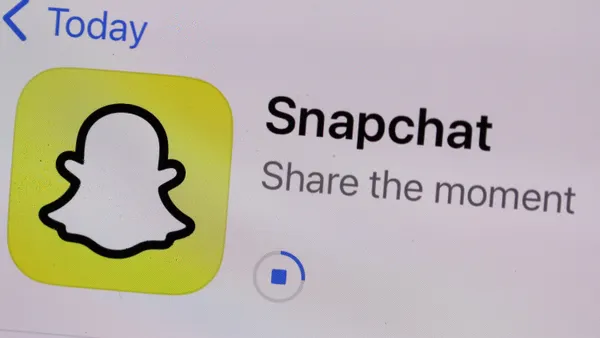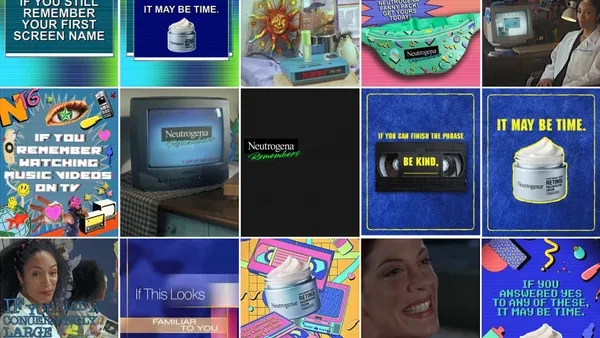Dive Brief:
- Despite increased efforts this year to tamp down the spread of fake news and hoaxes on their platforms, both Google and Facebook have long ways to go in solving the issue as the tragic shooting in Las Vegas over the weekend uncovered. Google's top news stories earlier this week promoted a 4chan message board thread that misidentified the perpetrator of the shooting and Facebook's Crisis Response hub showed an article from the far-right publisher Gateway Pundit with the same misidentification, according to Fortune.
- The tech giants released statements explaining how each handled the issue. Google said the 4chan page shouldn't have appeared in any of its top search results, and the story was algorithmically replaced by relevant results within hours. Facebook told CNN that the Gateway Pundit article was removed by its Global Security Operations Center after a short delay and that it was working to fix the issue that led to the false news story being promoted.
- In this case, alt right websites quickly latched onto the false report for political gain, painting the falsely accused man as a Democrat opposed to the Trump Administration.
Dive Insight:
Fake news and hoaxes are easily distributed online, and during a breaking news situation, when information is sparse and stories are both in progress and high demand, there are a lot of instances where outlets are eager to be first rather than correct. What's become clear in recent years, on digital platforms like Google and Facebook, is that that same confusion also allows for a more nefarious dissemination of deliberately false or biased reports.
A rush to quicker judgment might be a hallmark of the 24-hour cable news cycle or online reporting in general, but marketers do not want their ads appearing next to fake or otherwise inflammatory news, as that lack of credibility can be infectious and extend to the brand. For Facebook and Google, the failings with their Las Vegas shooting coverage underscore just how much work needs to be done in patching gaps in the pipeline and ensuring the truth is put first.
These are the two largest digital advertising platforms in the world, but their repeated efforts this year to tinker with algorithms and add more human oversight to the news and content review process clearly aren't doing enough to prevent fiascoes. The issue appeared to come to a head this spring with a brand safety controversy over YouTube ads served next to violent or extremist videos, but the Las Vegas fumble feels particularly egregious being tied to such an immediate tragedy.
While marketers freezing their spend on these massive platforms doesn't necessarily hurt their bottom revenue lines in the short term, it does degrade their trust in digital advertising and cause some to adjust their strategies. A June report from Yahoo's BrightRoll found that 96% of programmatic decision makers were concerned about fake news and 31% said they would reduce spending with inventory partners associated with fake news. Forty-three percent said they would blacklist fake news publishers.










